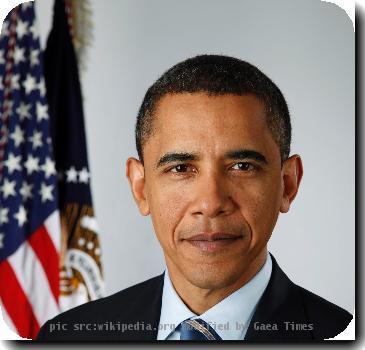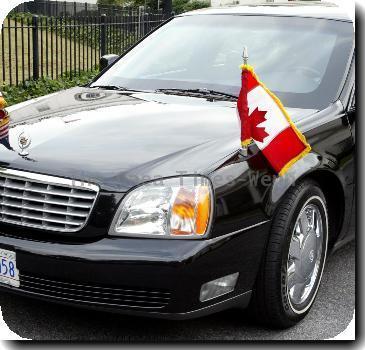NKorea declares ‘firing zone’ in disputed waters, warns SKorean ships to stay away
By Jae-soon Chang, APMonday, December 21, 2009
NKorea declares ‘firing zone’ in disputed waters
SEOUL, South Korea — North Korea threatened South Korean ships with possible attack by designating a firing zone along their disputed sea border Monday, raising tensions in an area where a brief but deadly clash erupted last month.
The western maritime boundary has long been considered a flash point between the two Koreas because the North does not recognize a line the United Nations unilaterally drew at the end of the 1950-53 Korean War. Pyongyang claims the actual border is further south.
The dispute led to deadly skirmishes in 1999, 2002 and on Nov. 10. In the latest clash, ships from the two sides exchanged fire in the disputed waters, leaving one North Korean sailor dead and three others wounded, according to the South.
On Monday, North Korea designated what it claimed are its territorial waters in the disputed area a “peacetime naval firing zone of coastal and island artillery units.” That apparently means that artillery shells could land in the waters at any time.
Analysts said the move was designed to show the continuing instability on the Korean peninsula, as the U.S. and other nations press the North to resume talks on its nuclear program, and as the North pushes for a formal peace treaty to replace the truce that ended the Korean War.
The lack of such a treaty means that the two Koreas are still technically at war. That stands in the way of a cherished North Korean goal — diplomatic ties with the United States, which leader Kim Jong Il sees as key to winning security guarantees for his regime and gaining a propaganda edge over his southern rivals.
Analyst Kim Yong-hyun at Seoul’s Dongguk University also said the move was also aimed at pressuring South Korea to further soften its overall stance against North Korea. He said that chances of the North immediately carrying out the threat are not high.
In the North’s warning, its naval command accused the South of violating its waters and staging military drills in the area and vowed to protect its border by force.
“All fishing boats and warships are required to take security measures by themselves in that zone to protect themselves,” the command said in a statement, carried by the official Korean Central News Agency.
South Korea rejected the North’s claim of border violations as groundless.
“We are fully ready to defend the maritime demarcation line and will act sternly in case of North Korean provocations,” the South’s navy said in a statement.
The threat comes amid an international push for the reclusive communist state to rejoin six-party negotiations on ending its nuclear program.
Earlier this month, President Barack Obama’s special envoy visited Pyongyang for talks on the nuclear standoff that also touched on the North’s long-standing demand for a peace treaty.
The U.S. has said it is willing to discuss that if the regime returns to the nuclear talks involving China, Japan, the two Koreas, Russia and the U.S. Pyongyang quit the talks earlier this year before conducting a nuclear test and a series of ballistic missile launches.
North Korea said after this month’s talks with the U.S. that it understands the need to resume the nuclear negotiations, but cautioned there are still unspecified differences to be resolved.
In recent months, the North has sought to reach out to Seoul in what analysts said was an attempt to win badly needed aid following U.N. sanctions slapped on the regime in June in response to what was its second-ever nuclear test.
Relations on the peninsula have shown signs of warming amid Pyongyang’s conciliatory attitude, with the South last week shipping the antiviral drug Tamiflu across the border to help North Korea fight swine flu. It was Seoul’s first direct aid to the country under conservative President Lee Myung-bak took office last year with a pledge to get tough on the North’s nuclear ambitions.
But his administration still refuses to resume full-scale assistance, demanding that Pyongyang make progress in efforts to dismantle its nuclear weapons programs.
Tags: Asia, Barack Obama, East Asia, International Agreements, Koreas, Lee Myung-bak, North America, North Korea, North korean, Pyongyang, Seoul, South Korea, Territorial Disputes, United States

